Several days ago, I finished reading Ender’s Game by Orson Scott Card. It was a fascinating read. In other words, the book was a page a turner. For me there was great deal of predictability of what is going to happen over the course of the storyline. However, the main draw to this book is not seeing the plot line unfold, but to see how Ender manages to get from point to the next. One knows what is going to happen, but not how it is going to happen per say.
There is a heavy current to this book in the way of morals. Is it moral to teach a child to become a weapon and especially do that by creating a game? The morals of war and conquering are also brought into question. The moral question of killing in self-defense is also present in this book. Could the death of two boys have been prevented or were they just causalities of war? Or, it is moral to drive children to the point of exhaustion in order to train them to go to war? Or tricking a child in to leading and destroying an entire race of people? Or is it moral to make someone into a killer against his or her inner nature? These are all question of morality are invoked in some form in the book. The answers to these questions are up to the reader.
I am currently taking Education Psychology. The entire book is littered with examples of various theories from Erik Erikson, Jean Piaget and Lev Vygotsky. It made learning the material for class bearable and interesting, since I could apply it to what I was reading.
There is a great deal of education psychology in the book. Ender struggles with obtaining identity. He is essentially trapped in Erik Erikson’s stage of identity versus role confusion. It appears that Ender reaches this stage earlier than most of his peers simply because of his genius. He has already proven to himself and other that he is industrious by the age or six. Erikson’s stage industry versus inferiority usually last ages six to eleven; however, Ender, at the beginning of the book, has moved into identity versus role confusion, which usually spans the ages of 12 to 18. Ender gets stuck here. He is confused about his role and who he is. He is set up to be a killer despite the fact that it is against his core nature. He does not want to hurt anyone, yet he ends up killing two classmates and then, destroying an entire race of people called the Buggers. He is set in an environment where everything is decided for him. The only place he has any creative control to foster his own identity is in a computer game, which takes him through scenarios and the creation of military strategy. Yet with both of these, he is being shaped into a well-honed weapon. Thus, Ender true identity remains in a state of confusion.
Simultaneously, Ender is also plagued with the next stage of Erikson’s development, intimacy versus isolation. Throughout the book, Ender is isolated from making friends with anyone. Every time he manages to form a bond with someone, he is separated from the person. So, not only is Ender in a constant state of role confusion, he is also in isolation.
I enjoyed the book highly and would recommend reading it. I ended up reading this particular book because of a friend of mine who numbers it among their favorites. There is a great deal more educational psychology contained in this book; however, this is starting to sound like a paper for school. This tone is starting to bug me, so I shall be finishing this post with the intention of writing sequel.
Donuts

From Trigun
Sunday, February 10, 2008
Subscribe to:
Post Comments (Atom)
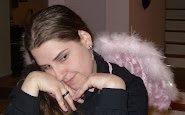
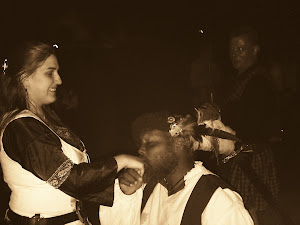

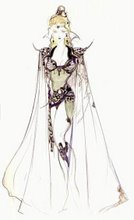
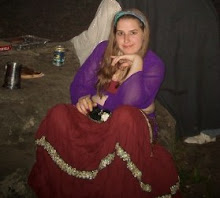

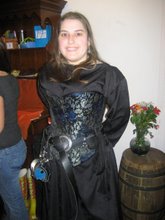



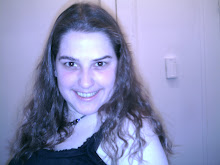



No comments:
Post a Comment